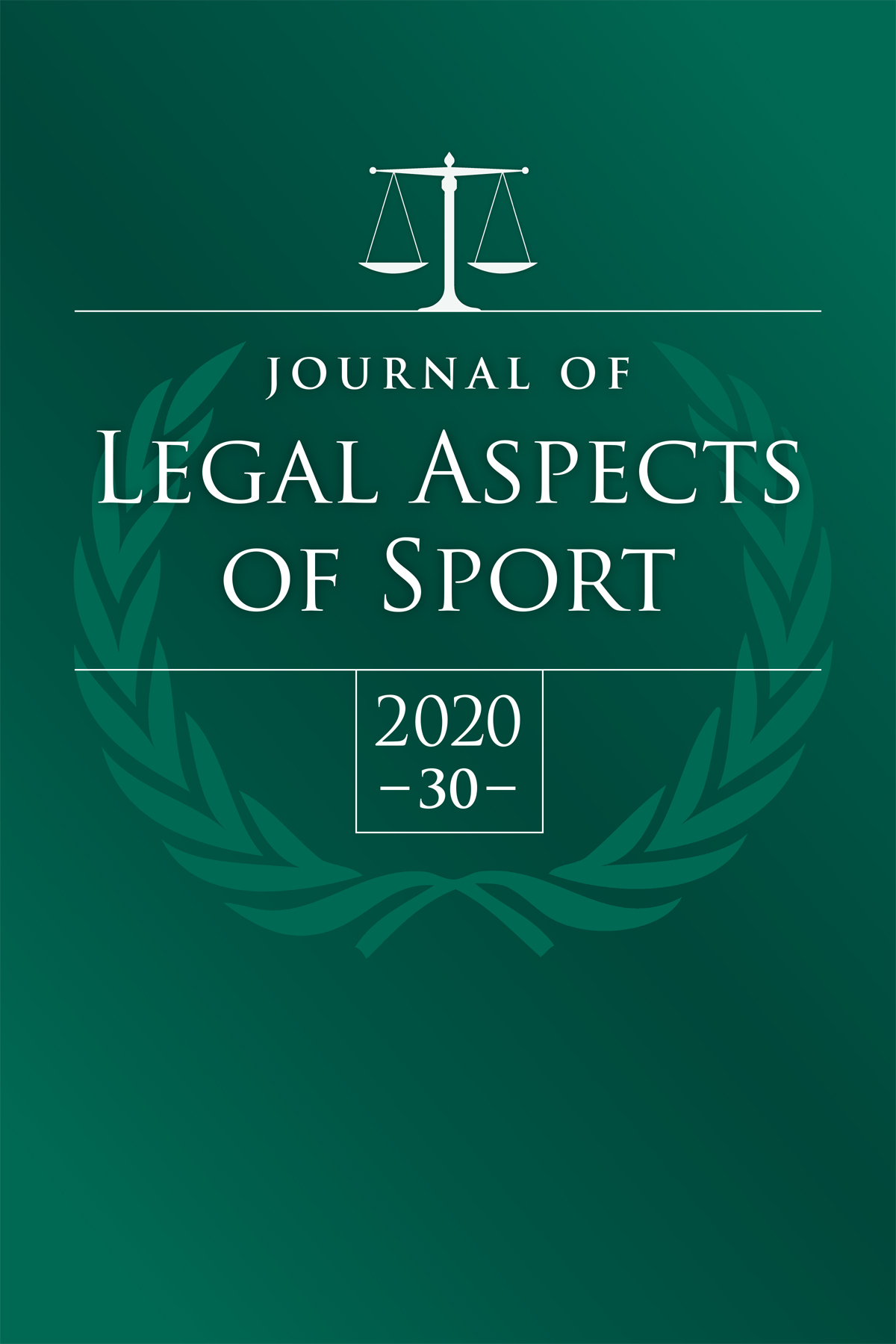Moving Faster Than the Speed of Regulation: Can State-Authorized Sports Wagering Dodge a Game-Fixing Bullet Without the Help of the Feds?
DOI:
https://doi.org/10.18060/24252Keywords:
sports gambling, sports wagering, Professional and Amateur Sports Protection Act, sports bettingAbstract
The Professional and Amateur Sports Protection Act (PASPA), was a 1992 law that, as has been well-documented, effectively restricted sports betting to Nevada. PASPA accomplished this by dictating that states could not "sponsor, operate, advertise, promote, license, or authorize by law or compact," sports wagering. A separate provision forbade private parties from operating state-authorized sportsbooks. In 2018, the Supreme Court invalidated PASPA as a violation of the 10th Amendment to the US Constitution. The Court held that Congress did not have the constitutional authority to tell a state how to legislate and PASPA's provision that states could not authorize sports betting dictated to state legislatures what they were permitted to do and not do. The Court's ruling unleashed an explosion of pent-up energy for sports betting that had been building since PASPA became effective in 1993. Since that decision, several states have authorized sports betting in one of the most rapid expansions of a form of gambling in US history. Even more states are considering legislation that would permit sports betting, and the number of states legalizing and regulating sports betting will inevitably increase in 2020 and beyond. The controversy over sports betting has pivoted from whether states could legally offer sports betting, to whether they should legalize sports wagering, and if so, how they should go about regulating it.

